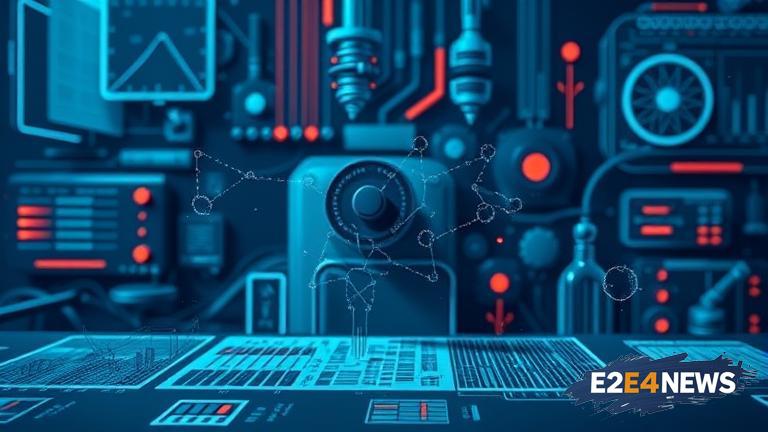The advent of artificial intelligence (AI) has revolutionized various aspects of our lives, including the field of scientific research. However, a disturbing trend has emerged, where AI-generated science papers are being used to spread misinformation and corrupt the scientific community. This phenomenon has become increasingly evident, with many researchers and experts sounding the alarm over the potential consequences. The use of AI to generate science papers has been on the rise, with many authors relying on these tools to produce research papers quickly and efficiently. However, this has led to a proliferation of low-quality papers that often contain inaccurate or misleading information. The corruption of science papers by AI has significant implications, as it can lead to the dissemination of false information and undermine the credibility of scientific research. Furthermore, the use of AI-generated papers can also perpetuate biases and errors, which can have serious consequences in fields such as medicine and environmental science. Many experts are calling for greater scrutiny and regulation of AI-generated science papers, to ensure that they meet the highest standards of quality and accuracy. This includes the use of peer review and fact-checking, to verify the accuracy of the information presented. Additionally, there is a need for greater transparency and disclosure, to reveal the use of AI tools in the generation of science papers. The corruption of science papers by AI is a global problem, with researchers and authors from all over the world contributing to the issue. The United States, China, and the European Union are among the countries most affected by this trend. To combat this problem, governments and scientific organizations must work together to establish clear guidelines and regulations for the use of AI in scientific research. This includes providing funding and support for research into the ethics and implications of AI-generated science papers. Ultimately, the integrity of scientific research depends on the ability to distinguish between high-quality, human-generated research and low-quality, AI-generated papers. By working together, we can ensure that scientific research remains a trusted and reliable source of information, and that the corruption of science papers by AI is brought under control. The future of scientific research depends on it, and it is imperative that we take immediate action to address this issue. The consequences of inaction could be severe, with the potential to undermine the credibility of scientific research and perpetuate misinformation on a global scale.
